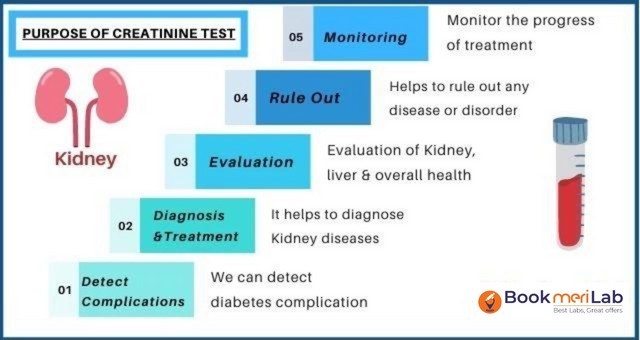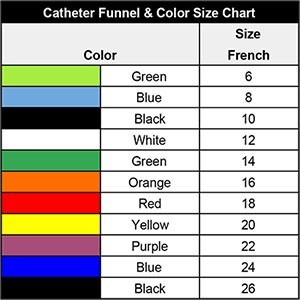The practical nurse (PN) observes an unlicensed assistive personnel (UAP) performing oral hygiene on an unconscious client who is lying in a flat side-lying position with an emesis basin on a towel under the chin. Which action should the PN take?
Enroll the UAP in a hospital education class on conducting safe client care.
Praise the UAP for doing the oral hygiene but encourage family participation.
Tell the UAP to continue because the unconscious client is positioned safely.
Stop the procedure and tell the UAP to place the client in a Fowler's position.
The Correct Answer is D
The correct answer is Choice D.
Choice A rationale: Enrolling the UAP in a hospital education class on conducting safe client care is not an immediate response and does not address the current situation. It may be a longer-term solution for ongoing education.
Choice B rationale: Praising the UAP for performing oral hygiene and encouraging family participation does not address the immediate safety concern of the procedure being performed correctly.
Choice C rationale: Telling the UAP to continue because the unconscious client is positioned safely is incorrect. The client should not be in a flat side-lying position as it increases the risk of aspiration during oral hygiene.
Choice D rationale: Stopping the procedure and telling the UAP to place the client in a Fowler's position is correct. The Fowler's position helps maintain an open airway and reduces the risk of aspiration during oral hygiene in an unconscious client.
Nursing Test Bank
Naxlex Comprehensive Predictor Exams
Related Questions
Correct Answer is B
Explanation
The correct answer is choice B, Serum creatinine. Choice A rationale:
The white blood cell count (WBC) is an important parameter for assessing the body's immune response to infections. While it can provide valuable information about the presence of an infection, it is not directly related to nephrotoxicity. Therefore, it is not the most important laboratory value to review before administering an antibiotic that can cause nephrotoxicity.
Choice B rationale:

Serum creatinine is a crucial laboratory value to assess kidney function. It is a waste product that is filtered by the kidneys, and its level in the blood is a reliable indicator of kidney function. If the serum creatinine level is elevated, it suggests impaired kidney function, which can be a warning sign of nephrotoxicity. Reviewing the serum creatinine level before administering nephrotoxic antibiotics is essential to ensure that the client's kidneys are functioning adequately and to avoid potential harm.
Choice C rationale:
Hemoglobin and hematocrit are indicators of the client's red blood cell count and blood's oxygen-carrying capacity. While these values can provide information about the client's overall health status, they are not directly related to nephrotoxicity. Therefore, they are not the most important laboratory values to review in this particular scenario.
Choice D rationale:
Serum calcium levels are essential for assessing bone health, nerve function, and muscle contractions. However, they are not directly related to nephrotoxicity, and reviewing serum calcium levels alone would not provide sufficient information about kidney function. Hence, it is not the most critical value to review before administering nephrotoxic antibiotics
Correct Answer is C
Explanation
This is the first action that the PN should take because the catheter size and balloon volume are inappropriate for the client. A #18 urinary catheter is too large for a female client who weighs 50 kg, and a 30 mL balloon may cause bladder trauma or discomfort. The PN should consult with the charge nurse and obtain a smaller catheter (such as #14 or #16) with a 10 mL balloon.

A. Obtaining a 30 mL syringe and a vial of sterile water is not the first action because it does not address the issue of the catheter size and balloon volume.
B. Asking the client if she has previously been catheterized is not the first action because it does not address the issue of the catheter size and balloon volume.
D. Positioning the client and observing the urinary meatus is not the first action because it does not address the issue of the catheter size and balloon volume.
Whether you are a student looking to ace your exams or a practicing nurse seeking to enhance your expertise , our nursing education contents will empower you with the confidence and competence to make a difference in the lives of patients and become a respected leader in the healthcare field.
Visit Naxlex, invest in your future and unlock endless possibilities with our unparalleled nursing education contents today
Report Wrong Answer on the Current Question
Do you disagree with the answer? If yes, what is your expected answer? Explain.
Kindly be descriptive with the issue you are facing.
